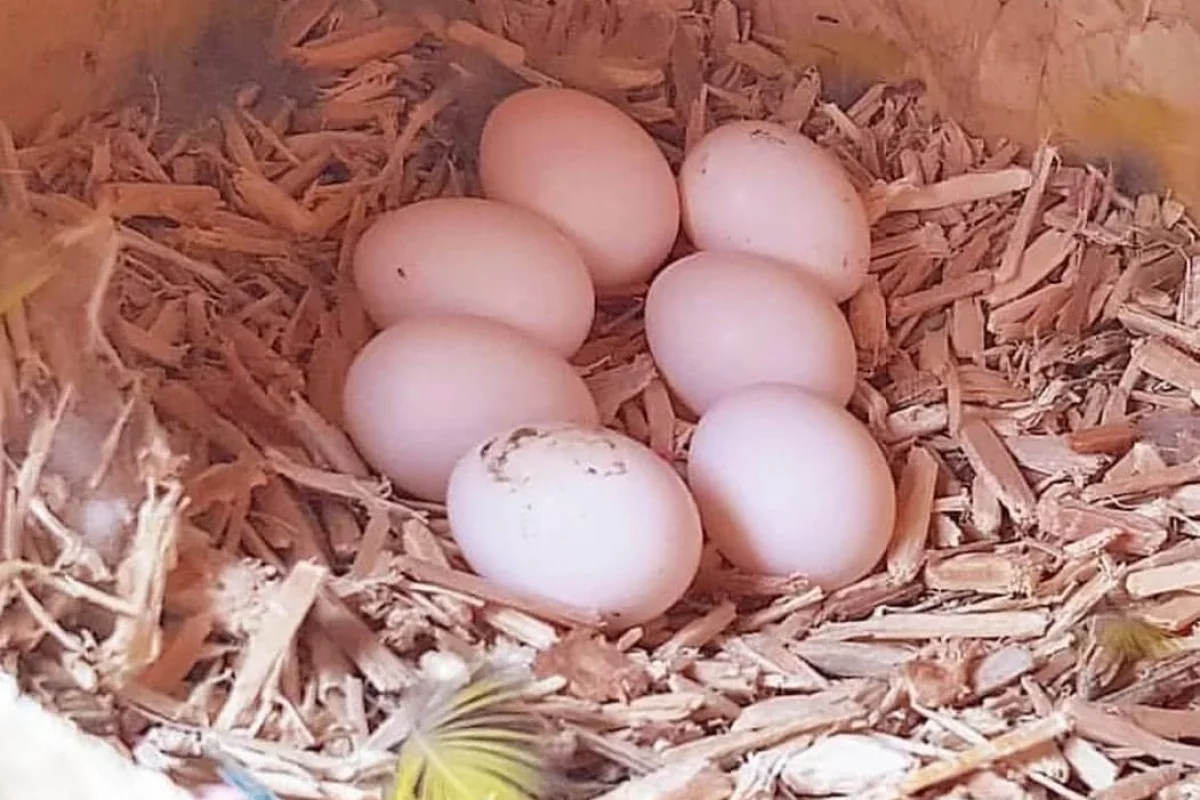
Hatching parrot eggs can be a rewarding and educational experience, whether you’re a first-time bird owner or a seasoned aviculturist. This guide walks you through everything you need to know—from choosing the right incubator to caring for the chicks post-hatch.
Before incubating parrot eggs, make sure you have:
Use an egg candler after 5–7 days to check for:
Remove any eggs that show no development to prevent contamination.
Around day 24–28, chicks will start “pipping”—cracking the shell to emerge. At this point:
Once hatched:
What do you think About us?
Need help? Our team is just a message away